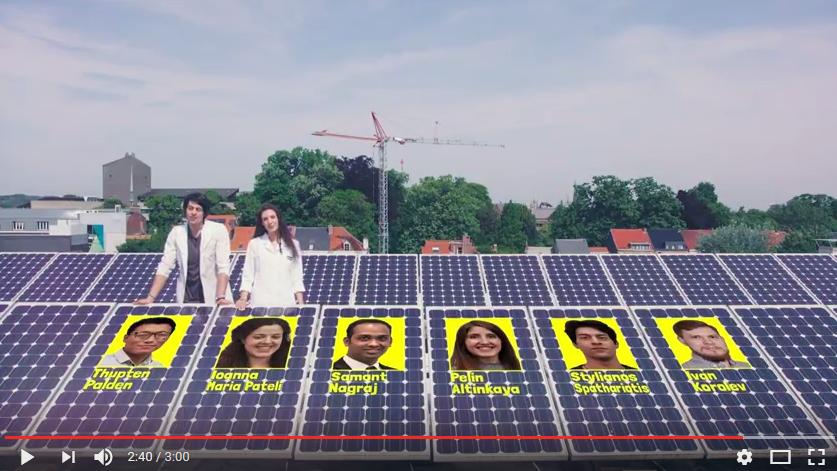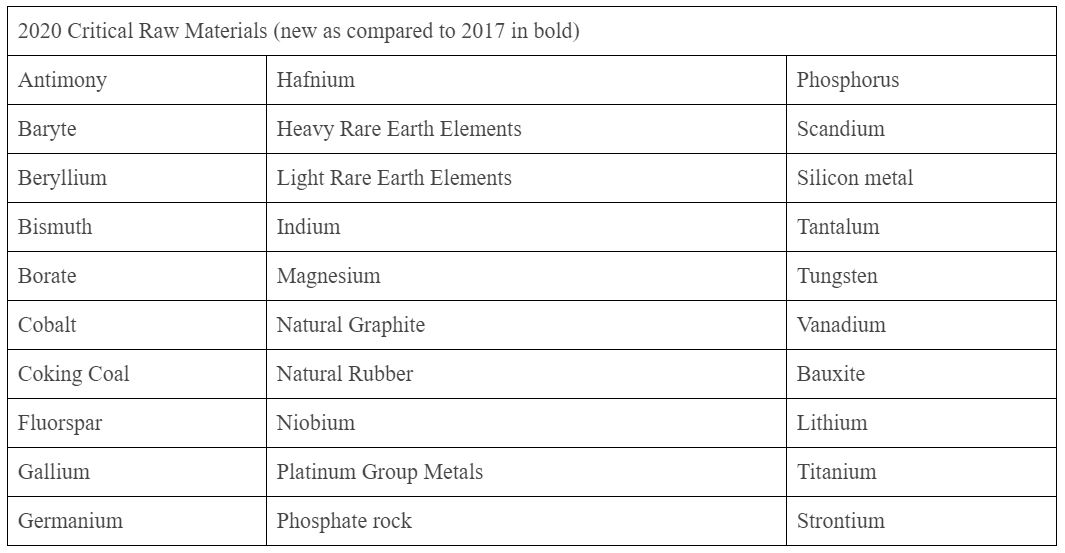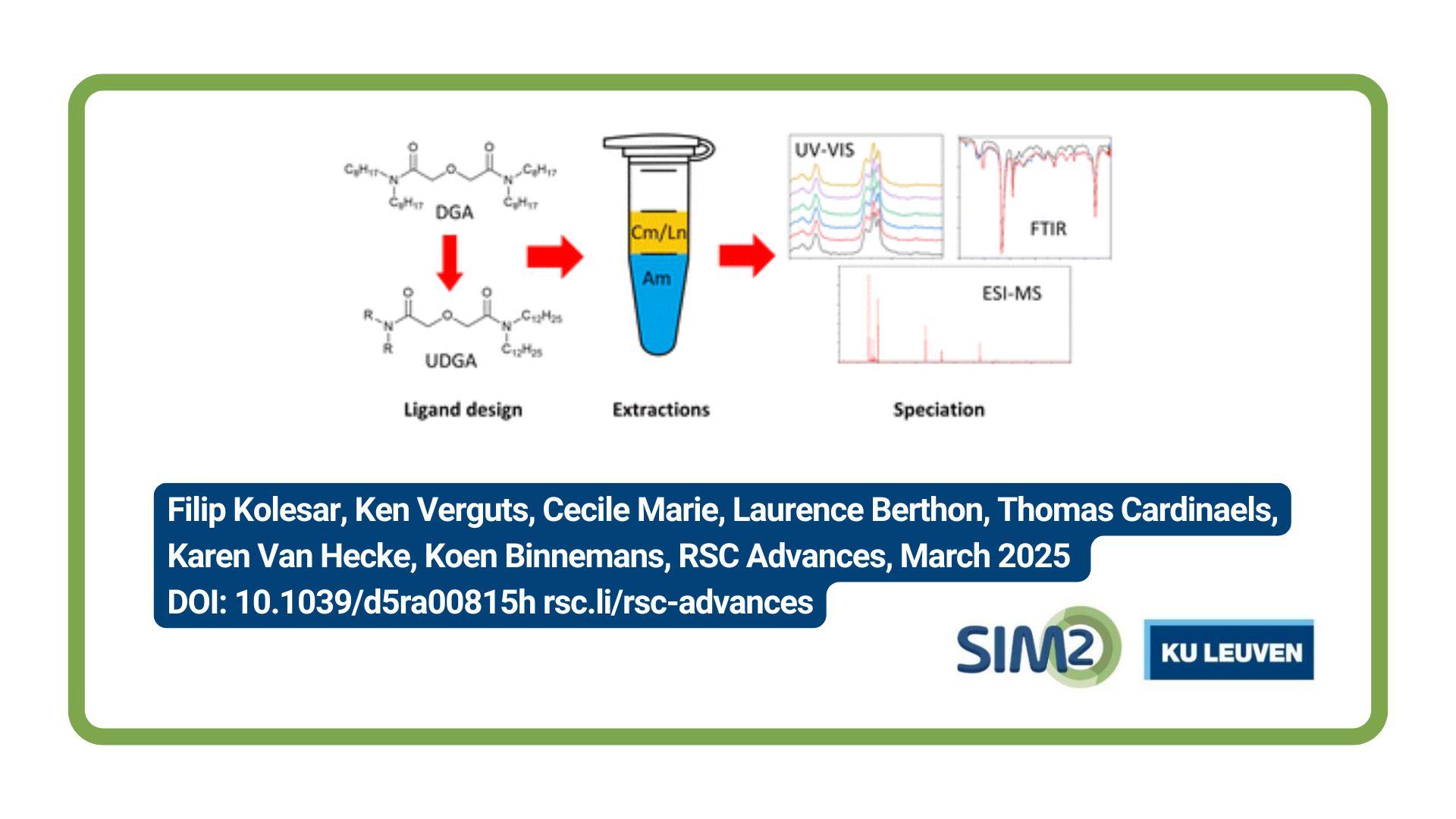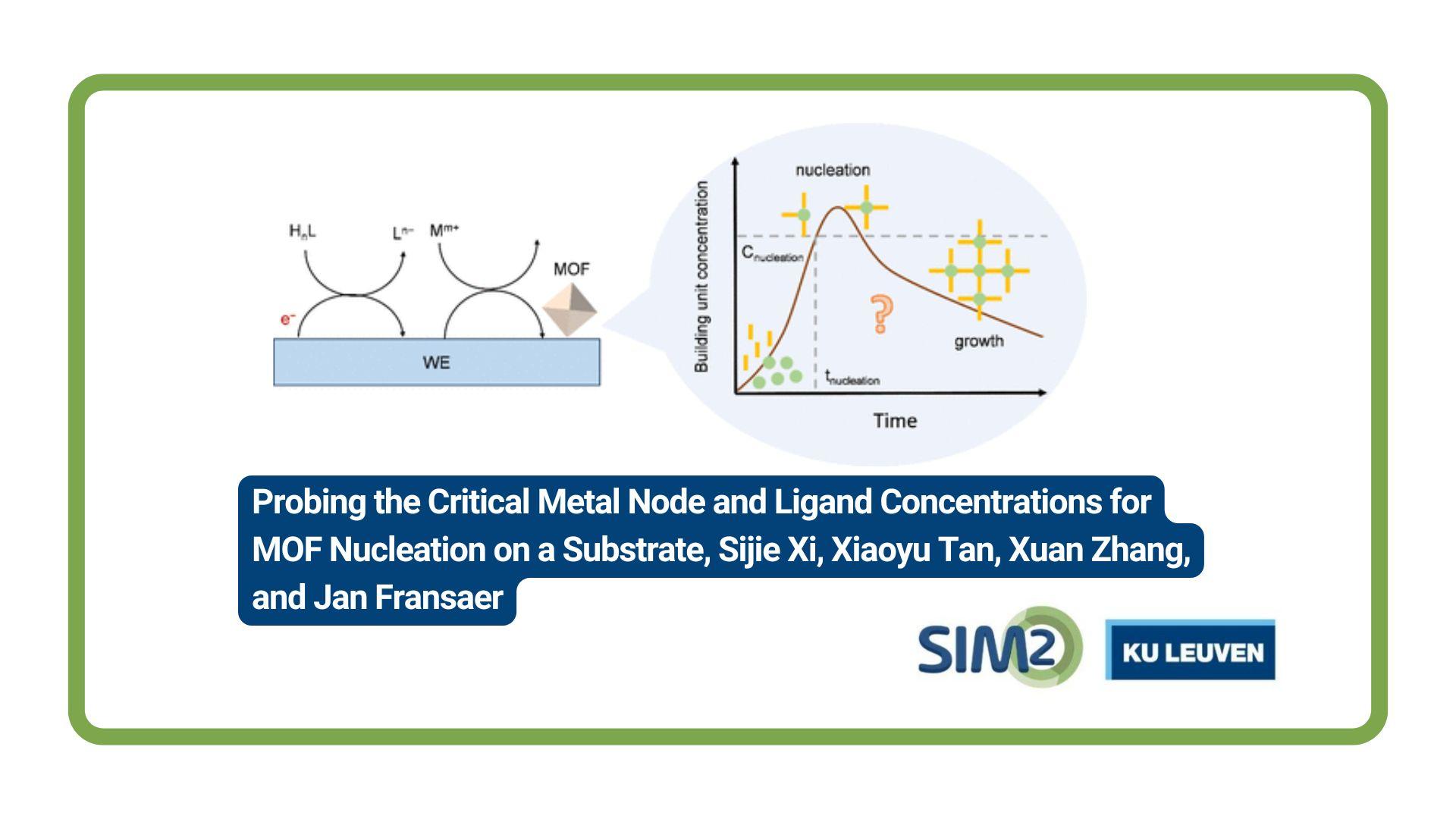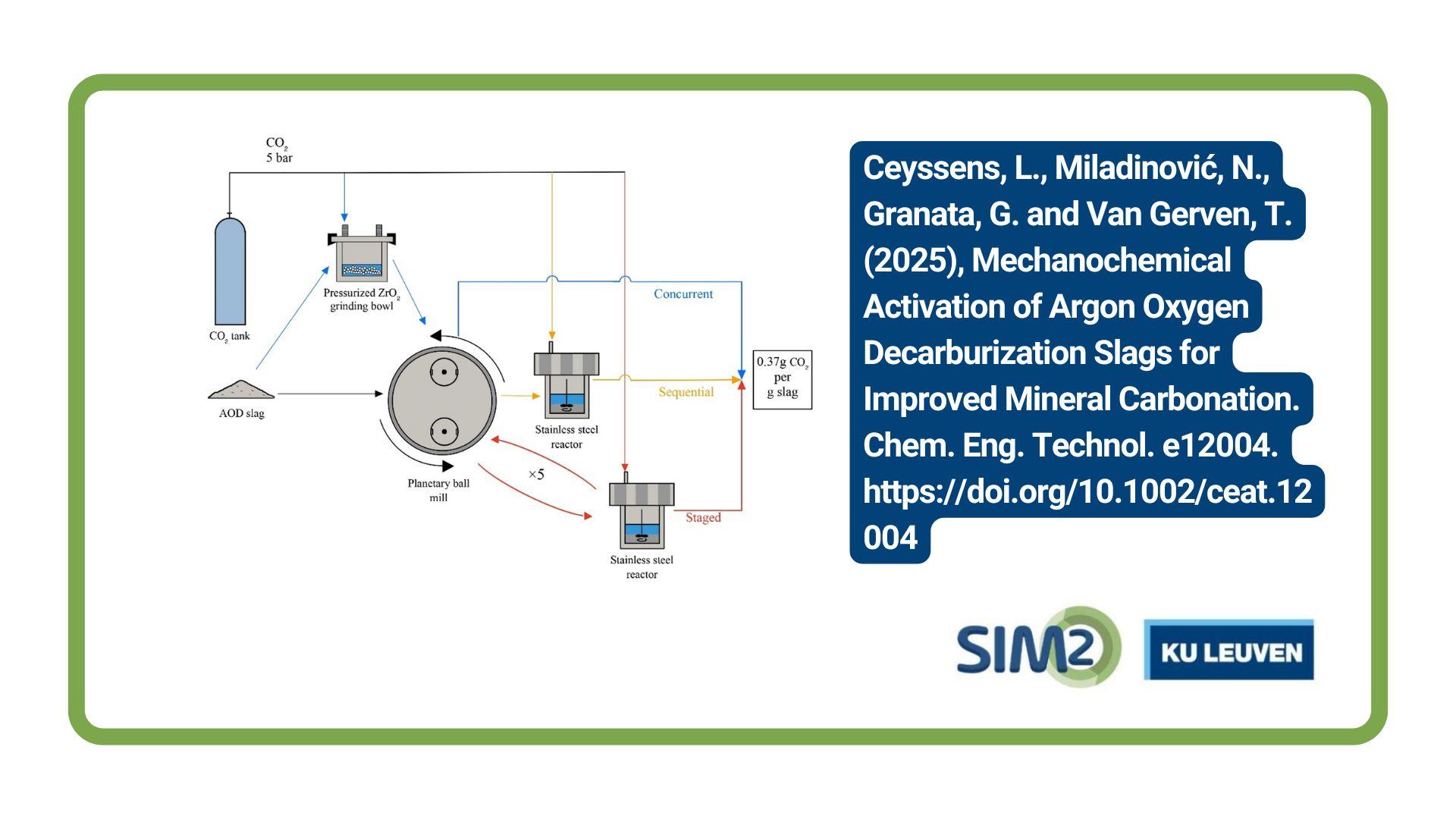The MSCA European Training Network SOCRATES aimed to contribute to develop sustainable, zero-waste valorisation flowsheets for critical-metal-containing industrial process residues. Fourteen early-stage researchers (ESRs) were extensively trained in scientific, technical and soft skills, each researching a part of the value chain. After four years of intensive collaboration between academic and industrial partners, the project just ended (31-8-2020). As was the case with its twin NEW-MINE project, SOCRATES signs off with superb results.
Towards (near-) zero-waste metallurgy
On September 1, 2016, the European Training Network for the ‘Sustainable, zero-waste valorisation of critical-metal-containing industrial process residues’ (SOCRATES) kicked off. The project, funded by the European Commission under the Marie Skłodowska-Curie Actions Programme (GA 721385), targeted ground-breaking metallurgical processes, incl. plasma-, bio-, solvo-, electro- and ionometallurgy, that can be integrated into environmentally friendly, (near-)zero-waste valorisation flow sheets.
By unlocking the potential of these secondary raw materials, SOCRATES aimed to contribute to a more diversified and sustainable supply chain for critical metals (cf. Priority area 3 in EC Circular Economy Action Plan; COM(2015)614/2).
Integrated value chain approach
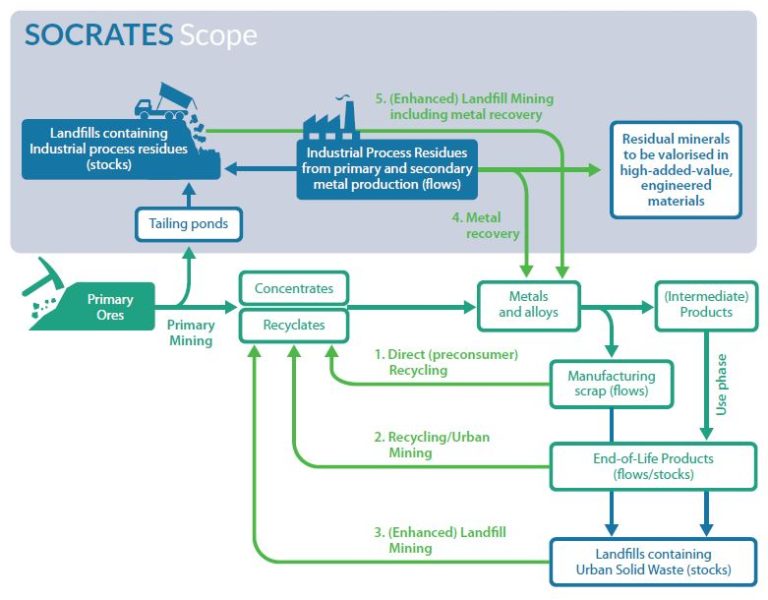 The SOCRATES consortium brought together all the relevant stakeholders along the value chain, from metal extraction and metal recovery, to residual matrix valorisation in added-value applications, such as supplementary cementitious materials, inorganic polymers and catalysts.
The SOCRATES consortium brought together all the relevant stakeholders along the value chain, from metal extraction and metal recovery, to residual matrix valorisation in added-value applications, such as supplementary cementitious materials, inorganic polymers and catalysts.
To maximise applicability, SOCRATES selected four commonly available and chemically complementary residue families: (1) flotation tailings from primary Cu production, (2) Fe-rich sludges from Zn production, (3) fayalitic slags from non-ferrous metallurgy, and (4) bottom ashes from incineration plants.
As a basis for a concerted effort to strengthen the EU’s critical-metal supply chain for Ge, In, Ga and Sb, SOCRATES trained 14 early-stage researchers (ESRs) in technological innovation: metal extraction (WP1), metal recovery (WP2), residual matrix valorisation (WP3) and integrated assessment (WP4).
By training the ESRs in scientific, technical and soft skills, they were to become the next generation of highly employable scientists and engineers in the raw-materials sector.
SOCRATES relevance for the new CRM list of the EC
SOCRATES' focus on Ge, In, Ga and Sb, along with key base metals, is fully in line with the recently published new European Commission report “Critical Raw Materials Resilience: Charting a Path towards greater Security and Sustainability”, in which an updated list of 30 Critical Raw Materials was launched (see Table below, along with the previous CRM figure from the EC, 2017). In the updated list also lithium is considered as a highly critical raw material.
Summary of SOCRATES project results
The results per early-stage researchers (ESRs) are now featured on the project website. All scientific publications originating from the project (open access journal and conference papers) can be found on-line.
Furthermore, SOCRATES also interacted with the realms of national and EU policy making, in support of the transition towards zero-waste metallurgy, while contributing to the grand societal challenge to make Europe's economy climate-neutral and circular. In this context, the SOCRATES network published four policy briefs:
- Overcoming challenges in the circular economy (January 2018)
- The Social License to Operate for mining and recycling of critical metals (March 2018)
- Lead metallurgy is fundamental to the circular economy (February 2019)
- The EU’s metallurgical infrastructure is a cornerstone for the EU Green Deal and the Agenda 2030 realisation (August 2020) (available on-line from September 15, 2020)
Table 1. Updated list of Critical Raw Materials (EC, 2020).
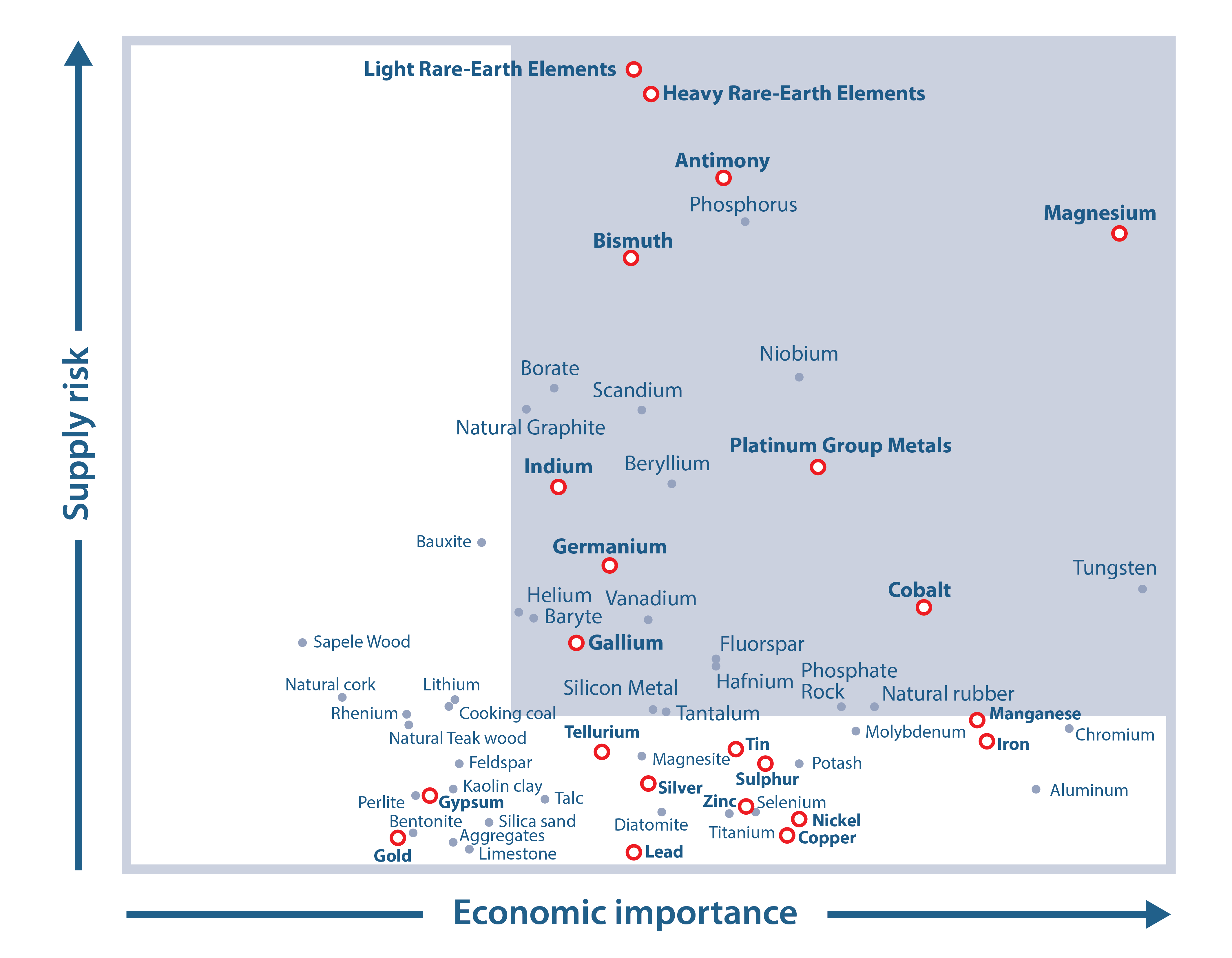
Fig. 1. CRM Figure European Commission, 2017


